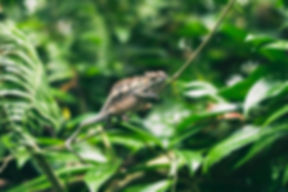
Fish Welfare Improvements in Aquaculture
By Marco Cerqueira & Thomas Billington
Fish welfare is a topic gaining global recognition. While fish are at the center of this, the value of improving fish welfare extends far beyond the fish themselves. Fish welfare benefits the environment, strengthens rural livelihoods, and advances social well-being. As such, increasing fish welfare in aquaculture is a critical part of building a less damaging food system.
The report discusses three main sections:
Section 1
Section One of the report identifies three conditions necessary for properly improving fish welfare in aquaculture: first, a general understanding of the welfare issues faced by fish in farms; second, knowledge of the specifics surrounding the fish species, farming system, and local context being targeted; and third, a welfare assessment of specifically targeted fish in the farm environment. We believe that all stakeholders in fish welfare should have access to knowledge of these conditions, and this report aims to provide information and applicable tools concerning each.
Section 2
Section Two of the report focuses on the next step after obtaining the three conditions outlined above: making welfare improvements. This section outlines actionable welfare improvements available for different aquaculture systems, life stages, and stakeholders.
Section 3
Section Three applies the information from previous sections to Fish Welfare Initiative’s planned work for carp species in India. We outline contextual information on carp farming in India, assess welfare according to our farm visits and farm surveys, and review potential welfare improvements. From this analysis, we draw a preliminary conclusion as to which welfare improvements we should focus on to maximize our impact on fish, concluding that water quality is the most promising direction for our work.
We hope that this report can help equip all stakeholders in fish welfare with the relevant knowledge to best address fish welfare in their context.
